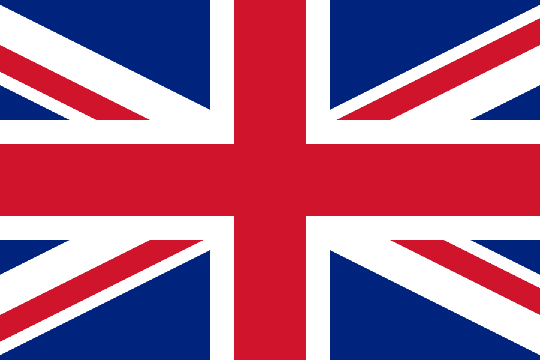 NEOF - Microbial shotgun metagenomics
NEOF - Microbial shotgun metagenomics
Date: 24 - 26 February 2026
Timezone: London
Language of instruction: English
There are many unknown and unculturable microbes found in a vast array of different environments. Shotgun metagenomics is an approach to capture all the genetic information in a sample, providing the taxonomic and metabolic information of all present organisms. In this course we will analyse shotgun metagenomic sequencing data from stool samples to compare western and Korean diets. At the end of the course you will be able to quantify the taxonomic composition with Kraken2 & Bracken, and determine the metabolic profile with the bioBakery suite of tools.
Places are restricted to UK-based researchers and only 30 places are available so please only register if you intend on attending.
The workshop will be held over two days on Tuesday 24 and Thursday 26 February, 10am-4pm, with registration opening 9.30am on Tuesday.
The deadline to register is Monday 9 February noon, 2 weeks before the course. You will hear later that week whether you have been invited and will need to confirm your attendance.
Register to NEOF mailing list to hear first about future NEOF free bioinformatics courses: https://neof.org.uk/news/
Venue: United Kingdom
City: Online
Country: United Kingdom
Learning objectives:
At the end of the course learners will be able to:
- Carry out quality control of sequencing data, including host removal.
- Explain how Kraken2 utilises k-mers to taxonomically classify sequence data.
- Quantify taxonomic composition of shotgun metagenomic data with Kraken2 & Bracken.
- View taxonomic abundances with Krona.
- Utilise LEfSe for biomarker detection.
- Profile the microbial pathways in metagenomic sequencing data with the bioBakery suite of tools, including - HUMAnN.
- Perform a metagenome assembly with MEGAHIT, and assess it with QUAST.
- Carry out genomic binning of the metagenome assembly with MetaBAT2 to try to separate the different species present into Metagenome Assembled Genomes (MAGs).
- Assess the quality, completeness, and contamination levels of MAGs with CoCoPyE
- Functional annotation of the bins with Bakta.
Event types:
- Workshops and courses
Sponsors: NERC
Activity log

 United Kingdom
United Kingdom
